In partnership with Kent-based waste electrical recycler SWEEEP Kuusakoski, an optical sorter that uses AI and machine learning was deployed at SWEEEP’s Sittingbourne site to sort e-waste for recycling.
Recycleye explained that whilst existing optical sorters in waste facilities already use pneumatic ejection, which uses bursts of air so separate material, the integration of the technology with AI rather than near infrared technology is “novel to this application”.
The company added that using AI to detect objects means they are identified by a range of visual features, just like a human eye, rather than by purely colour and light-based sensors.
In WEEE, this means that the new technology can detect hazardous items such as printed circuit boards (PCBs) compared to other pieces of metal and plastic, so precious metal content can be extracted for recovery.
Historically, existing optical sorters have struggled to identify PCBs accurately when broken into small fractions, and so AI-powered ejection is now “equipping metal recyclers like SWEEEP with new capabilities”.
Similarly, the multi-material nature of batteries makes them difficult to detect with NIR, and often a manual task. Yet AI has the potential to detect and eject batteries based on visual features, reducing the risk of ignition during the recycling process.
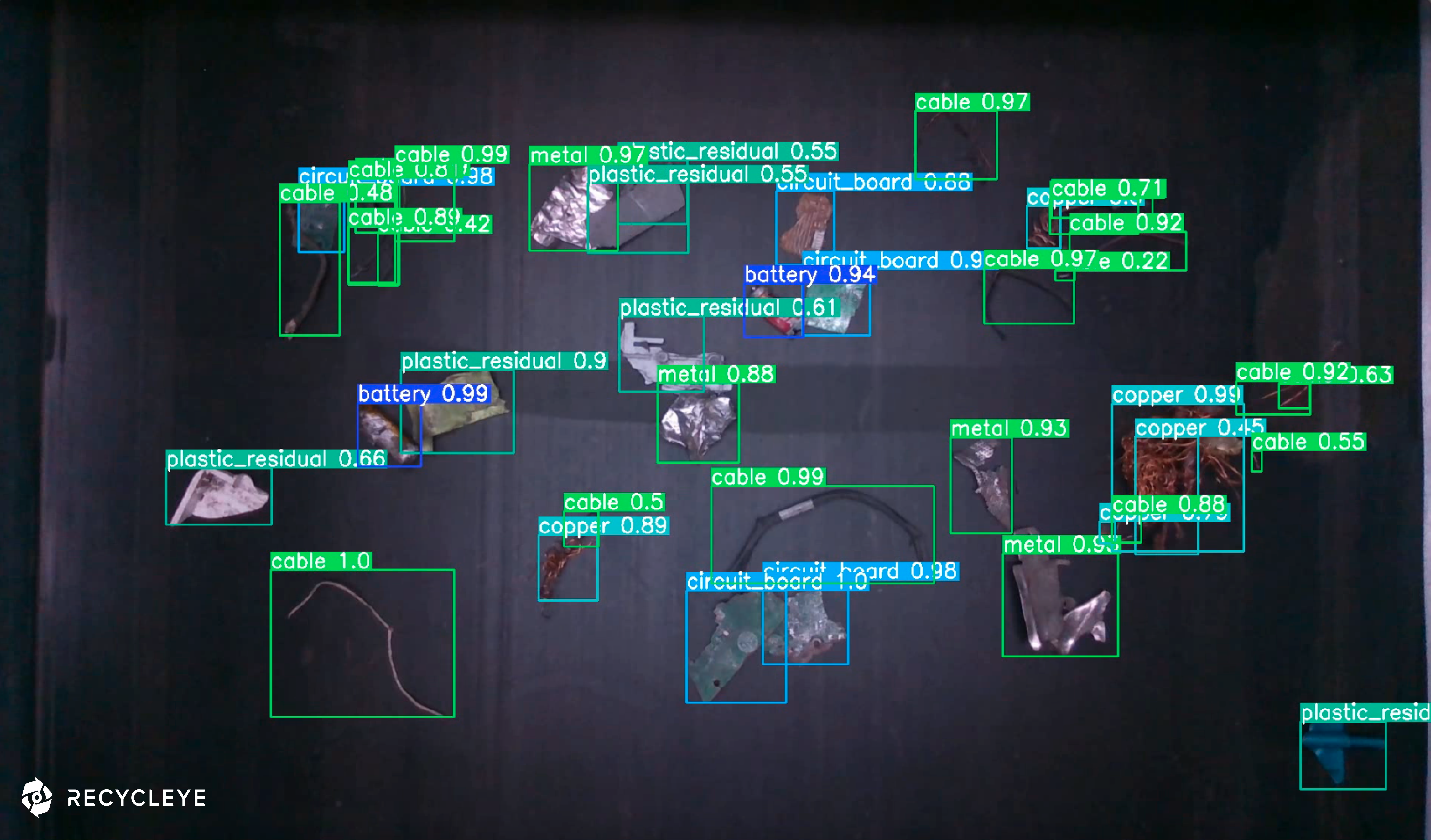
SWEEEP
At SWEEEP’s site in Sittingbourne, Recycleye’s AI-powered optical sorter is installed at the back-end of the plant, sorting between higher value items such as copper, cables and brass, and lower value materials, such as aluminium, plastics and steel.
By ejecting the lower value materials through AI-powered detection, the system is “cleaning up SWEEEP’s valuables line to support purer waste streams”.
Value
Barry Walker, chief executive officer of SWEEEP Kuusakoski, said: “This innovation will not only increase the value of our material output, but also safeguard our staff and facilities as the AI vision operates 24/7 to detect batteries.
“As one of the UK’s leading electrical equipment collection and recycling specialists, we are confident that the additional purity this investment achieves will enable us to supply even greater volumes of low carbon and resource efficient raw materials back into the circular economy.”
‘Important’
Zoe Cook, technical sales manager (UK) at Recycleye, added: “This is an important milestone for the use of our AI and sorting technology.
“This successful application in the sorting of WEEE demonstrates that AI-powered sorting automation can be utilised to tackle even more waste categories, due to the flexibility to adapt machine learning models to different streams”.





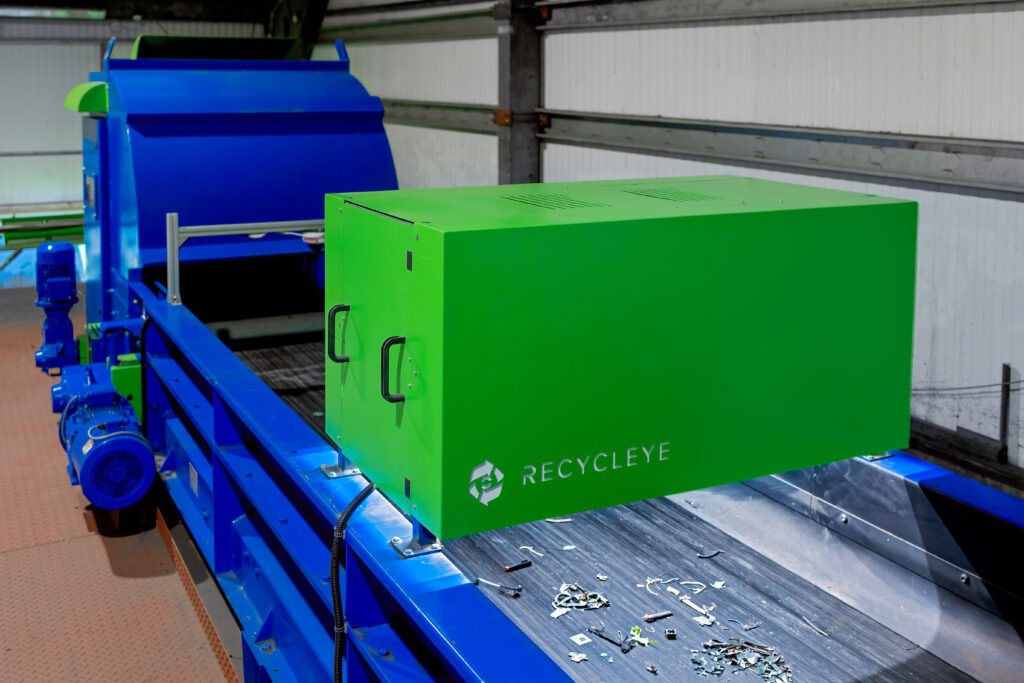

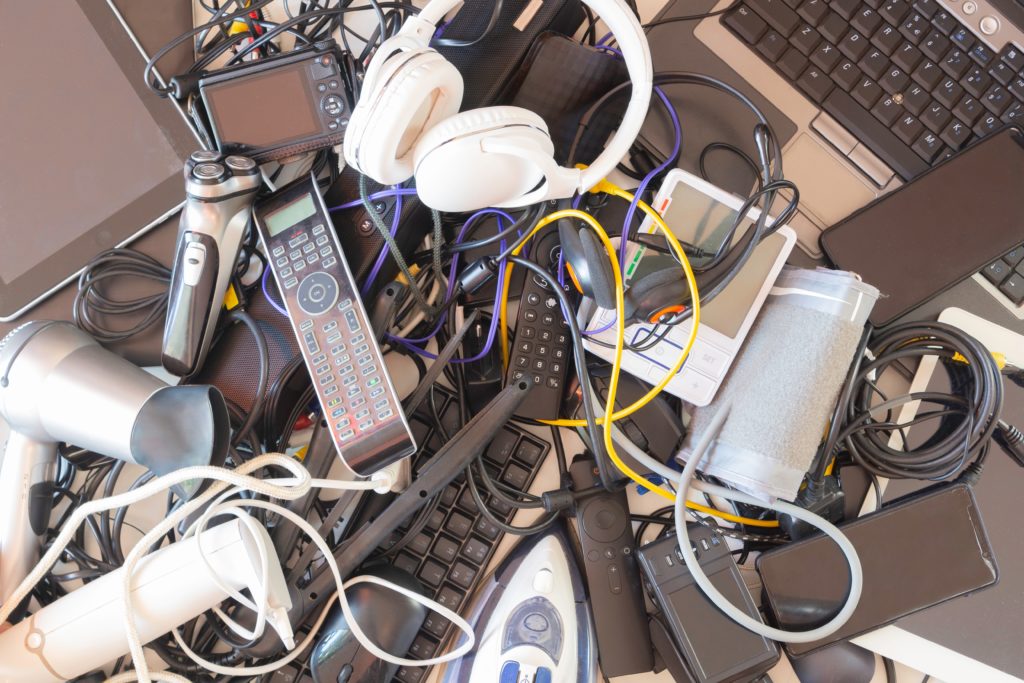
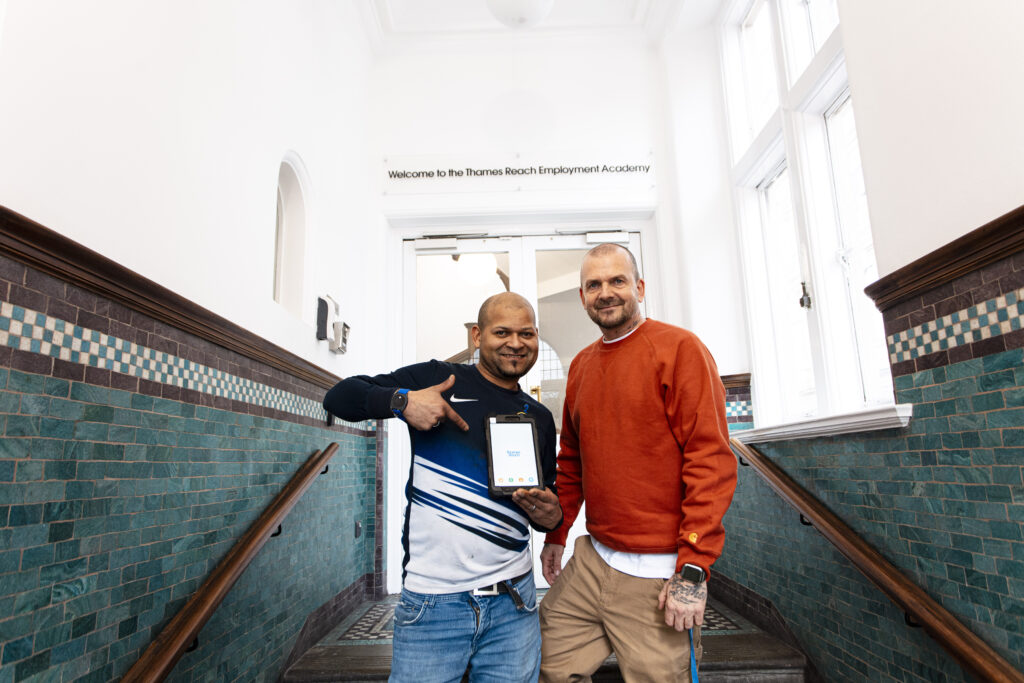
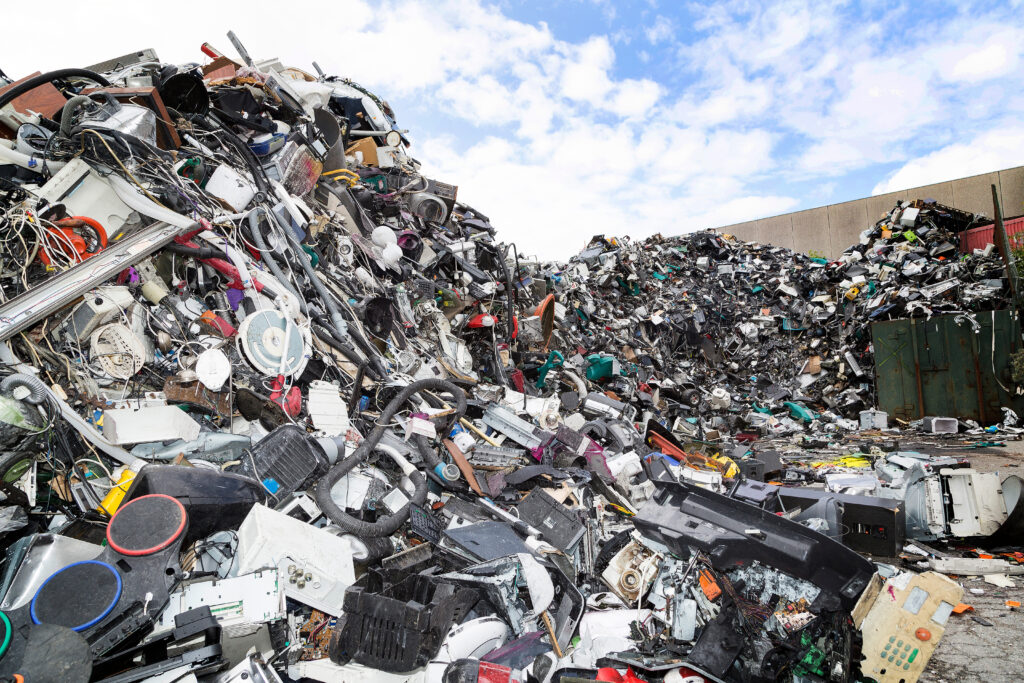


Subscribe for free